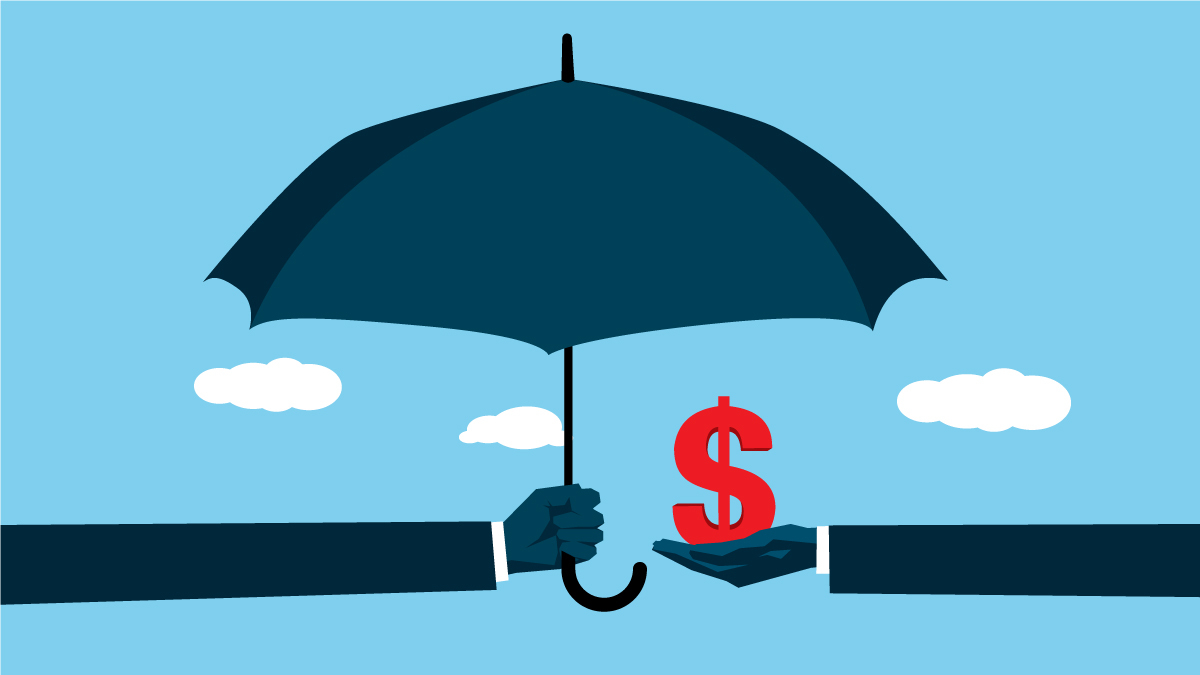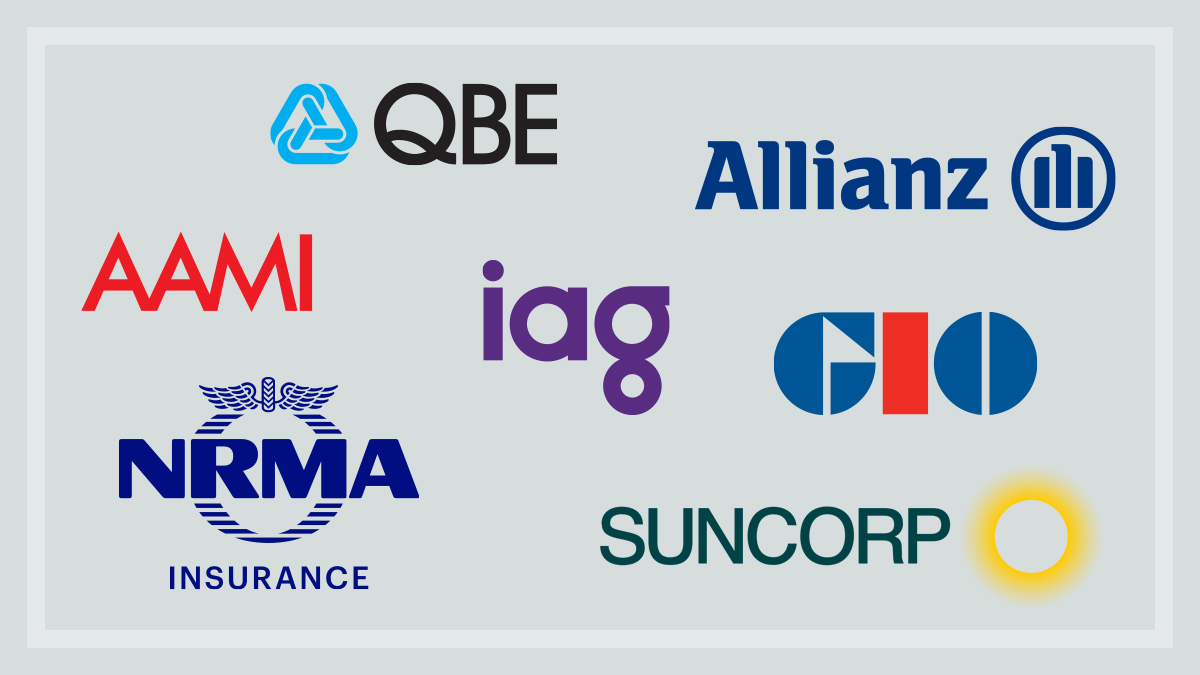Get our independent lab tests, expert reviews and honest advice.
Credit protection insurance rip-off

Need to know
- If you bought a car on finance or took out a loan or credit card, sneaky salespeople might have sold you credit protection insurance.
- This insurance has limitations that make it almost worthless. The Consumer Action Law Centre thinks many consumers have enough legal grounds to get a refund.
- Use the DemandARefund.com tool to demand your refund for credit insurance and other add-on insurance products.
Credit protection insurance explained
An insurance that seems cheap, convenient and promises to cover your loan repayments against potential disasters such as unemployment or sickness is really too good to be true. Credit protection insurance is a rip-off, and other options like life insurance and income protection insurance give you far better and cheaper cover.
Consumer credit insurance goes by a few names. It may be called:
- loan protection insurance
- mortgage protection insurance
- credit card insurance
- personal loan insurance.
It usually covers your loan repayments in case of:
- disablement – injury or sickness
- unemployment
- death.
If your claim is accepted, your debt or repayments are covered. However, there are plenty of hidden catches and traps.
Why is credit protection a rort?
According to ASIC there are big problems with the payouts if your claim is approved:
- The money is not paid to you – it’s paid directly to the lender.
- Some payments are made in instalments which often stop after a set period of time – you’ll have to make your own repayments after that.
- Many policies don’t cover you for the full amount of your outstanding debt. For example, consumer credit insurance policies sold with credit cards usually only pay out a percentage of the outstanding debt.
Other problems:
- It’s very expensive – expect to pay over $2000.
- It might be useless to you – for example, if you’re unemployed, working part-time, as a casual or are self-employed, the unemployment insurance may not cover you. If you have a pre-existing condition, you may not be covered for disablement or death caused by that condition.
- It’s very profitable for salespeople who usually receive a 20% commission of the premium you pay.
- Insurers pay only 23 cents in the dollar in claims compared to the premiums collected – that’s less than half of what’s paid out on home insurance.
Alternatives to credit insurance
For most people, credit protection may not cover your needs and is usually more expensive than other insurance options. There are much smarter options to make sure you’re covered if something unexpected happens.
Alternatives to credit insurance are:
- an emergency fund. See our article on high-interest savings accounts.
- life insurance – often available with your super fund.
- income protection insurance, trauma and total and permanent disability insurance, which cover you in the event of an illness, accident or disability.





